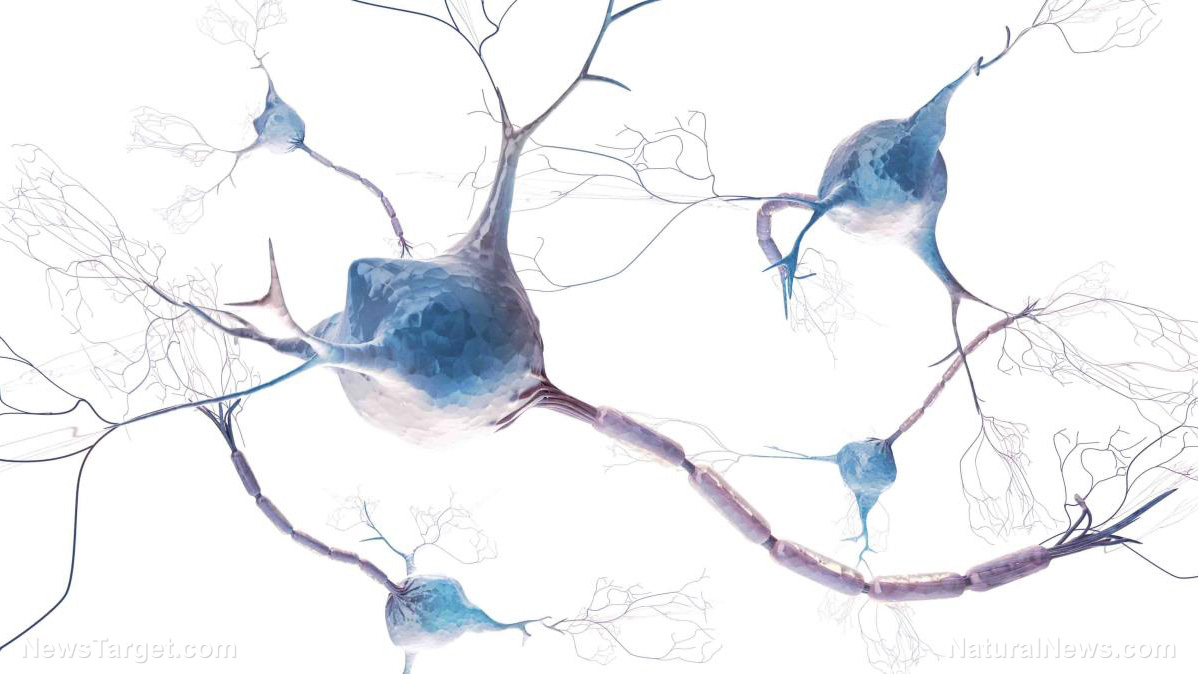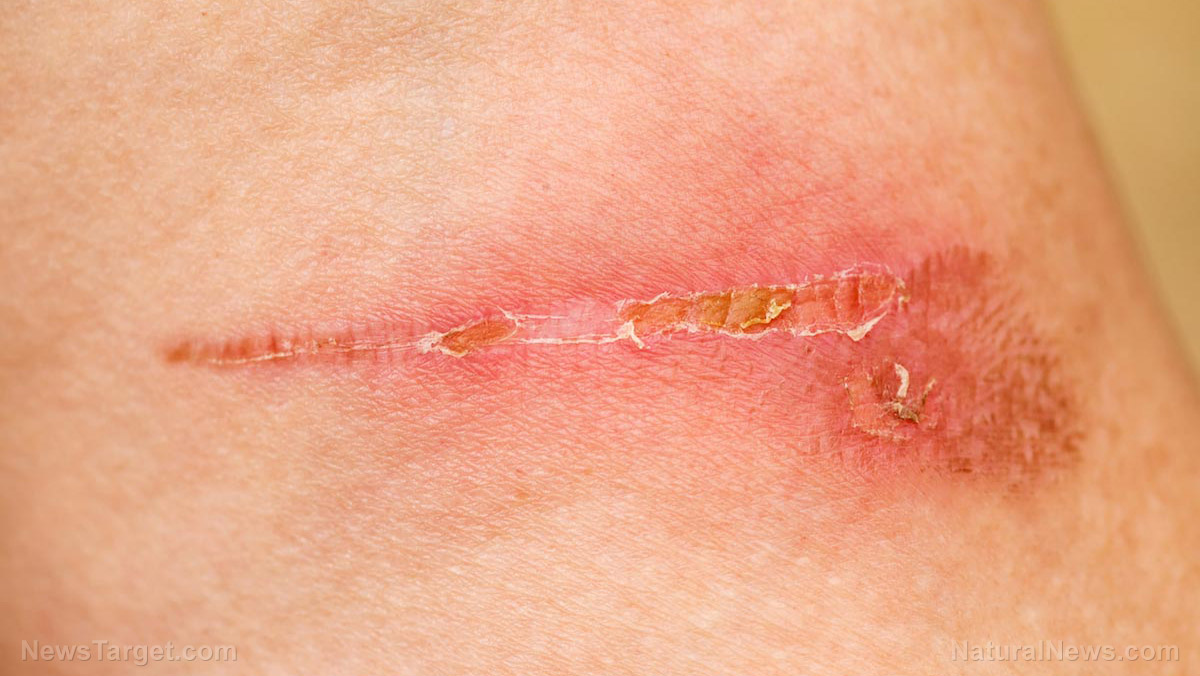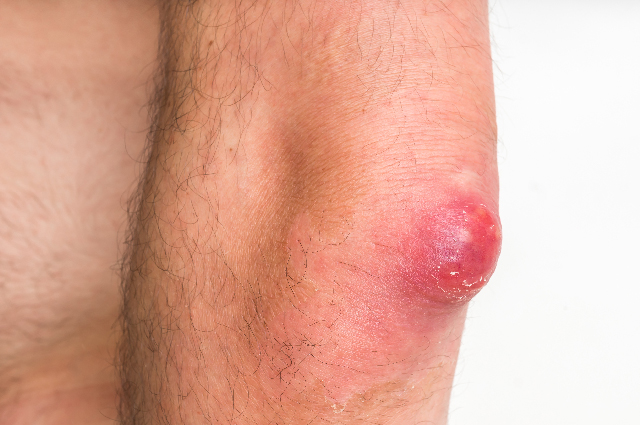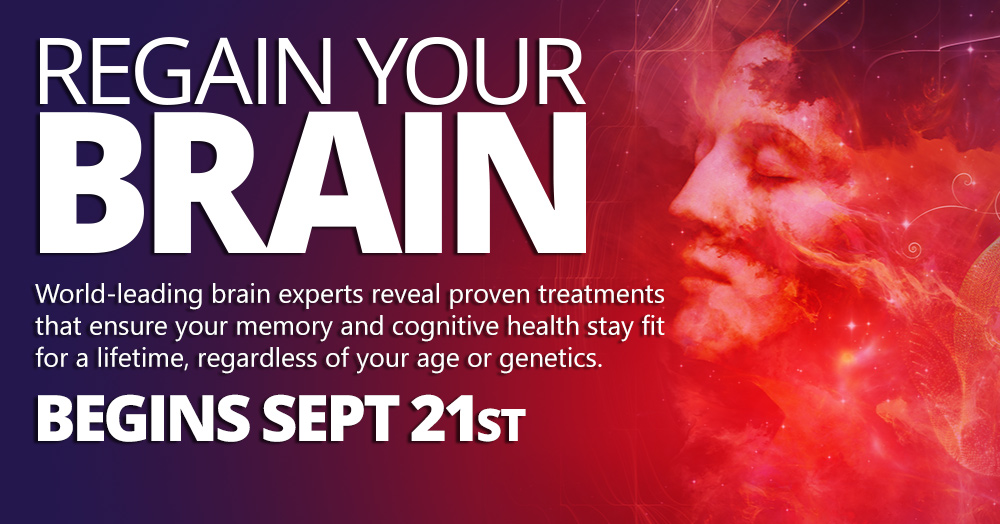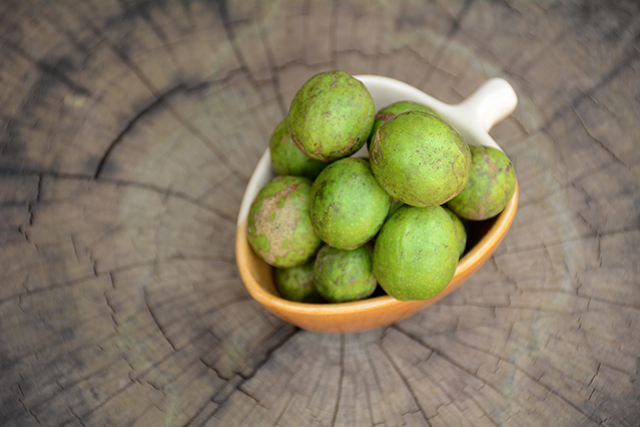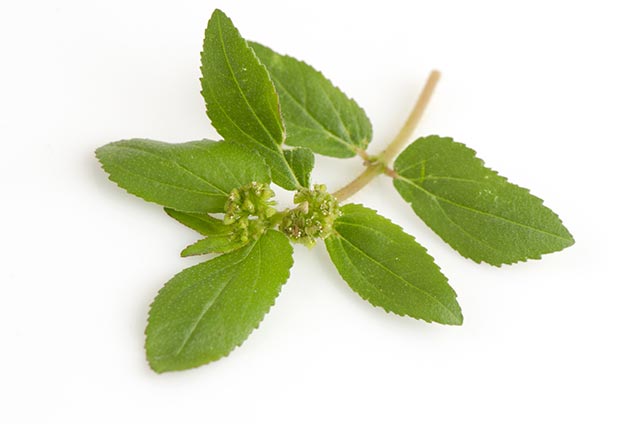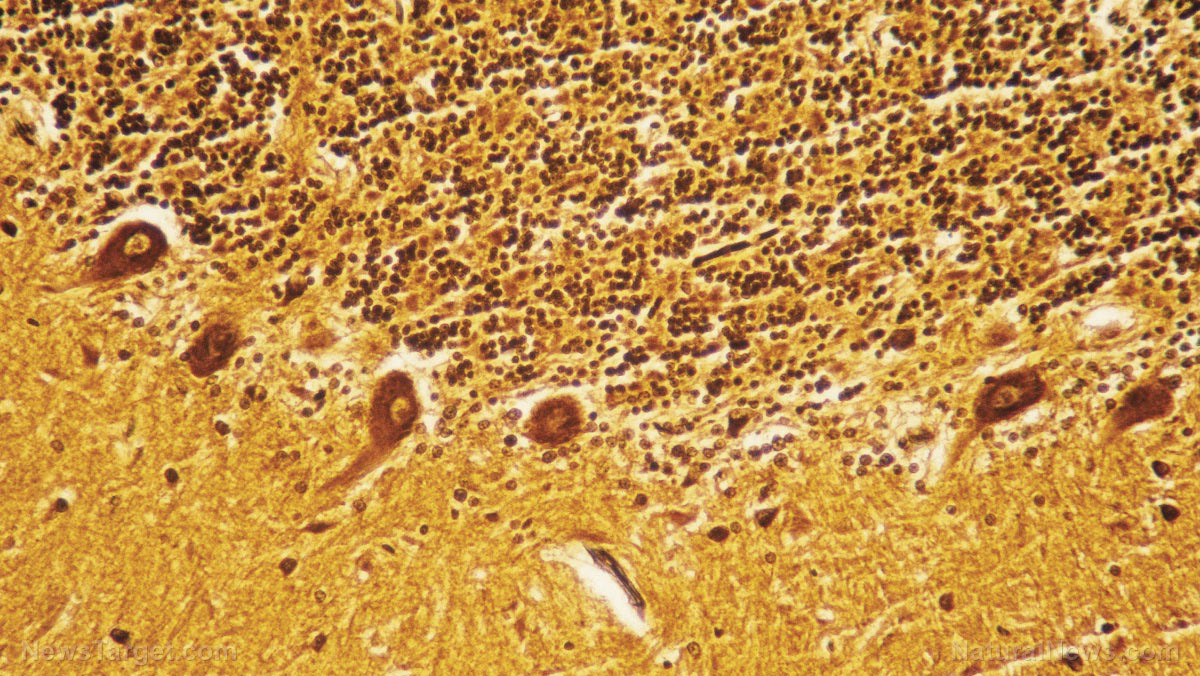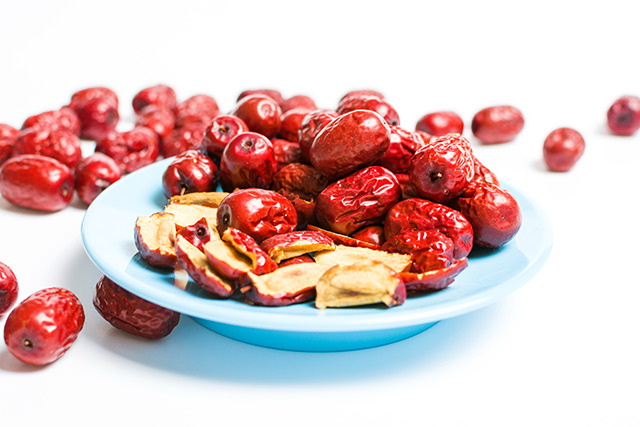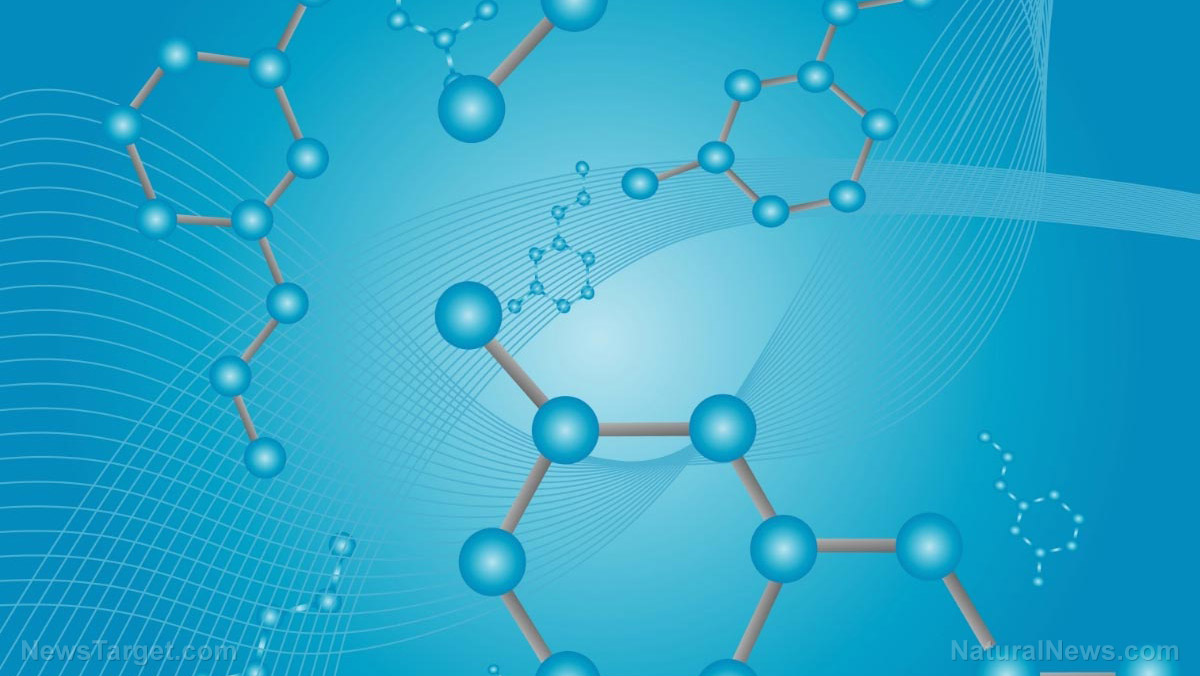Losing weight can be as easy as starting a vegan diet
04/22/2017 / By Vicki Batts

Could a vegan diet really help with weight loss? While there are many reasons people choose to follow a vegan diet and lifestyle, such as concerns about animal welfare and cruelty, the environment and sustainability, there are also many health-related reasons to embark on a vegan path.
Following a vegan diet can be very rewarding and beneficial for your health, and can even help you lose weight if need be. While it is true that there are many diets that promote weight loss and are not healthy — some fad diets may fit this scenario, for example — a varied vegan diet can provide your body with a wide array of essential nutrients. In 2014, a study led by a group of European researchers found that a vegan diet was consistently healthier than other diet types, including vegetarian, pesco-vegetarian, and omnivorous eating patterns.
In their conclusion, the team writes, “The use of indexing systems, estimating the overall diet quality based on different aspects of healthful dietary models (be it the US Dietary Guidelines for Americans or the compliance to the Mediterranean Diet) indicated consistently the vegan diet as the most healthy one.” Overall, vegans took in fewer calories, had a better fat intake profile and consumed more fiber than their peers.
Vegan diets don’t just provide good nutrition, they can also help with weight loss efforts. That may seem obvious, due to the restrictive nature of the diet — but don’t be fooled: Following a vegan life will not leave you constantly hungry, and in fact, you may find that you are feeling fuller and more satisfied after meals than ever before.
Because a vegan diet is loaded with fruits, vegetables, whole grains, nuts, seeds, beans and legumes, this way of eating generally comes with a high fiber intake. Taking in more fiber can help reduce your calorie intake, without a need to actively restrict what you’re eating. Studies have shown that increasing your fiber intake by just 14 grams a day can help you naturally reduce your total daily calorie consumption by a whopping 10 percent! This can easily translate to weight loss over time. (RELATED: Read more stories about natural weight loss at Slender.news)
The satiety-promoting nature of fiber could explain why study participants assigned to a vegan diet lost weight even though they were allowed to eat until they felt full.
Due to the high intake of fruit and vegetables that accompanies veganism, it is no surprise that this way of eating also tends to come with a naturally lower calorie intake. Fruits and vegetables are naturally less calorie-dense than other foods, so it’s easy to feel full on less. But, fruits and veggies are also naturally very nutrient-dense, so even though you’re eating fewer calories, you’re still getting a surplus of vitamins, minerals and phytonutrients.
A well-planned vegan diet comes with many health benefits, but for the vegan, planning is truly essential. A poorly orchestrated vegan diet may not meet all of your nutrient needs and can increase your risk of deficiency. For example, B12 deficiency is a risk for vegans, but especially for those who are not actively consuming B12-fortified foods or supplements. Calcium, omega-3 fatty acids, iron, iodine and zinc are other areas of nutrition that a vegan or vegan-to-be might want to be concerned about. Vitamins A and K12 may also require special attention, depending on your genetics.
Falling deficient in these nutrients can have deleterious effects on your health, and may cause nervous system damage, hypothyroidism, anemia, bone fractures or depression. With proper planning and understanding, these needs can usually be met fairly easily. However, your individual genetics may impact your ability to absorb or maintain adequate levels of certain nutrients, like vitamin A or choline. If you plan on starting a vegan diet, you should keep a record of your daily food and nutrient intake, and consider visiting your chosen healthcare practitioner to ensure that you are meeting your body’s nutritional needs.
Sources:
Tagged Under: plant-based diet, vegan diet, weight loss



